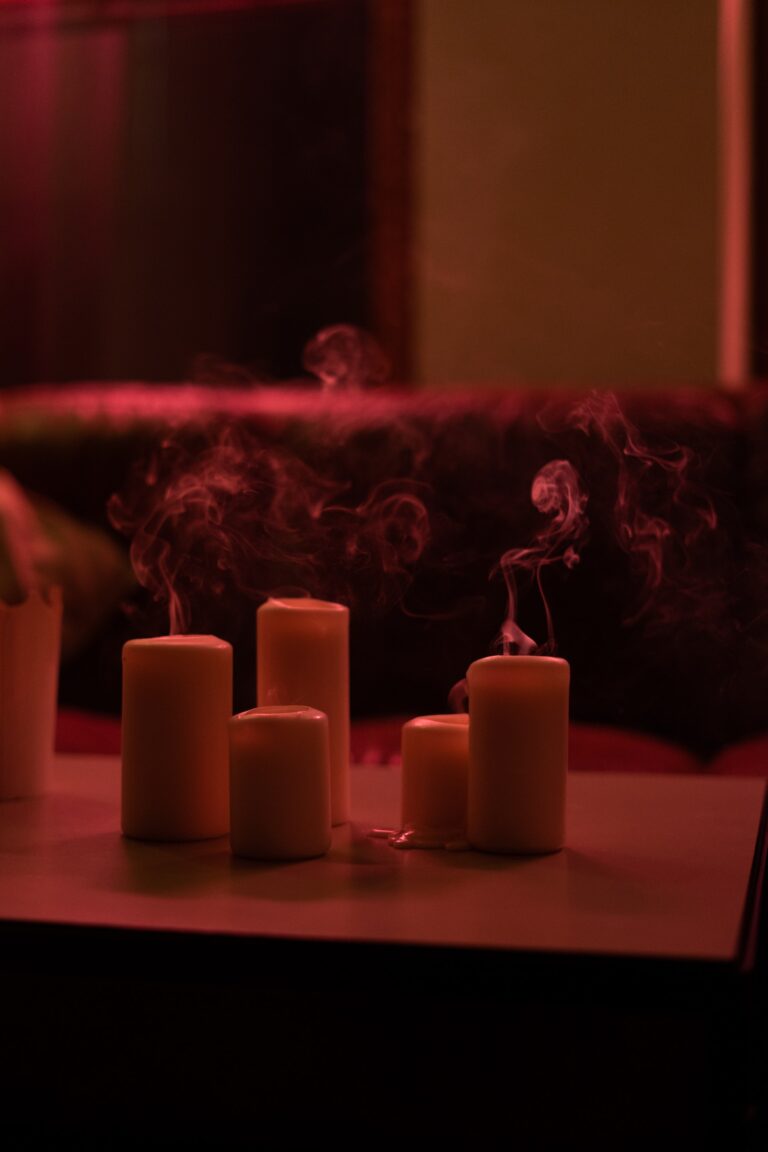What is the legal status of prostitution in Mozambique?
In Mozambique, prostitution is technically legal. However, various activities associated with prostitution, such as pimping, brothel ownership, and solicitation, are criminalized. This complex legal situation creates a challenging environment for sex workers, who often face harassment, violence, and limited access to healthcare and legal protection.
What are the laws and penalties regarding prostitution in Mozambique?
While prostitution itself is not criminalized in Mozambique, many activities related to it are. Some of the laws and penalties associated with prostitution in the country include:
- Brothel ownership: Owning or managing a brothel is illegal in Mozambique, and those found guilty can face fines or imprisonment.
- Pimping: Profiting from the prostitution of others, or pimping, is a criminal offense in Mozambique, punishable by fines or imprisonment.
- Solicitation: Soliciting clients for prostitution in public places is illegal and can result in fines or imprisonment.
- Child prostitution: Engaging in sexual activities with a person under the age of 18, even if they are a willing participant, is considered child prostitution and is a serious criminal offense in Mozambique. Offenders can face lengthy prison sentences.
- Human trafficking: Trafficking persons for the purpose of sexual exploitation is a severe crime in Mozambique, and those found guilty can face lengthy prison sentences and substantial fines.
What is prostitution called locally in Mozambique?
In Mozambique, prostitution is often referred to as garupa or trabalho de noite (night work). Sex workers are sometimes called garupas or trabalhadoras de noite (night workers).
What is the history of prostitution in Mozambique?
Prostitution has been a part of Mozambique’s history since the colonial period. During the Portuguese colonial era, Mozambique was a significant transit point for the slave trade, and some enslaved people were forced into prostitution. In the late 19th and early 20th centuries, the construction of railways and the growth of the mining industry in neighboring South Africa led to increased demand for sex workers in Mozambique, particularly in the port city of Beira.
Following Mozambique’s independence in 1975, the government of the newly established People’s Republic of Mozambique sought to eradicate prostitution through social reform and economic development. However, the country’s long and devastating civil war (1977-1992) led to widespread poverty and social dislocation, which contributed to the continued prevalence of prostitution.
In recent years, the government of Mozambique has made efforts to address the issue of prostitution, particularly in relation to human trafficking and the spread of HIV/AIDS. However, the legal status of sex work remains complex and controversial, and sex workers continue to face significant challenges in accessing healthcare, legal protection, and social support.
Some of the key laws and government documents related to prostitution in Mozambique include:
- Penal Code: Mozambique’s Penal Code outlines the criminal offenses related to prostitution, such as brothel ownership, pimping, and solicitation. The full text of the Penal Code can be found here.
- Law on Preventing and Combating Trafficking in Persons: This law, enacted in 2008, provides the legal framework for addressing human trafficking in Mozambique, including trafficking for the purpose of sexual exploitation. The full text of the law can be found here.
- National Action Plan for the Fight Against Human Trafficking: This document, published by the Mozambican government in 2009, outlines the country’s strategy for combating human trafficking, including measures to protect and assist victims of trafficking for sexual exploitation. The full text of the National Action Plan can be found here.
